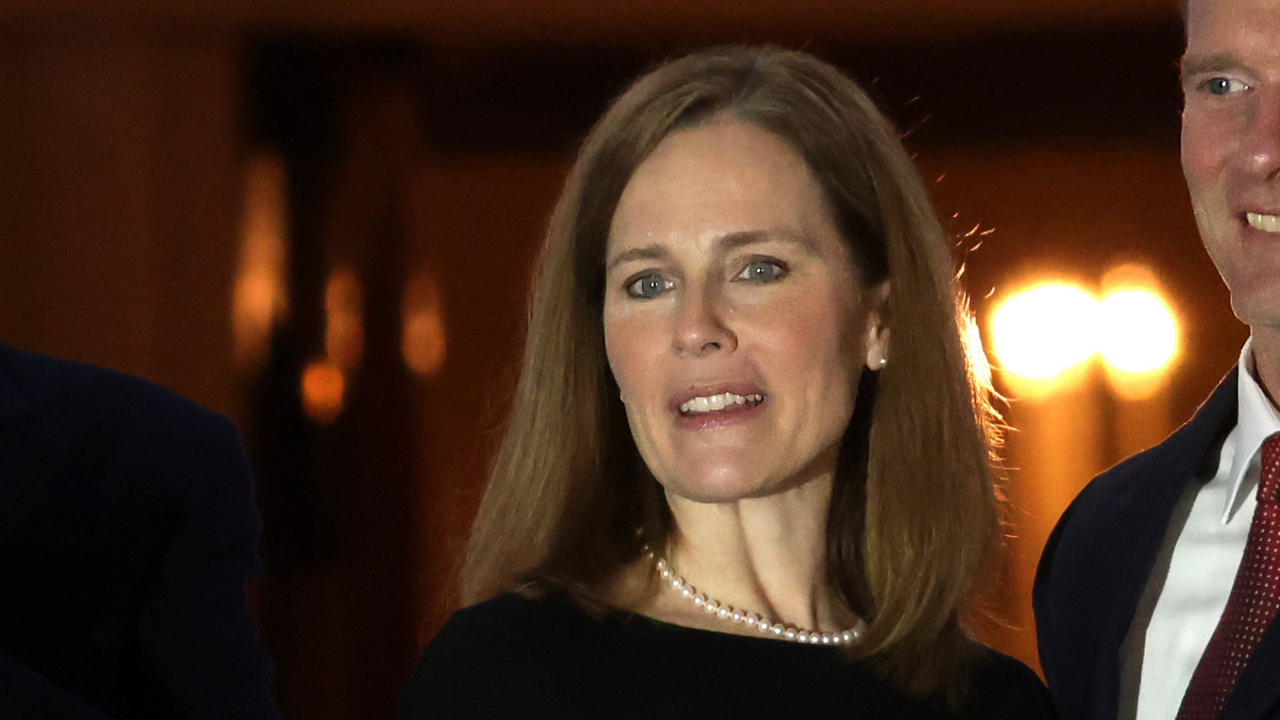Tesla’s US market share dropped to a near eight-year low in August as buyers chose electric vehicles from a growing stable of rivals over the aging lineup offered by CEO Elon Musk’s company, according to data from research firm Cox Automotive shared exclusively with Reuters.
The decline highlights the threat from automakers ramping up EV incentives at a difficult time for the industry. Analysts expect an EV sales bump to continue through September in the US, then drop when federal tax credits expire at the end of the month, raising financial pressure on Tesla and other automakers.
Tesla, which once held more than 80% of the US EV market, accounted for 38% of the total EV sales in the United States in August, the first time it has fallen below the 40% mark since October 2017, when it was ramping up production of the Model 3, its first mass market car, according to early data from Cox.
While other automakers are rolling out new EVs, Tesla has turned its focus to building robotaxis and humanoid robots, delaying and canceling plans for cheaper electric vehicle models.
Much of Tesla’s trillion-dollar valuation hangs on that bet. The company’s board on Friday proposed an unprecedented $1 trillion pay package for Musk that, apart from other operational milestones, is pegged to Tesla’s value rising to $8.5 trillion over the next decade.
For now, Tesla’s core auto business remains its money maker. Its last new model was the Cybertruck pickup that rolled out in 2023 with nothing of the success of its Model 3 midsize sedan or Model Y midsize SUV. Tesla has refreshed the Model Y, once the world’s best-selling car, but the changes failed to live up to expectations, and Tesla is on track toward a second year of sales decline.
“I know they’re positioning themselves as a robotics, AI company. But when you’re a car company, when you don’t have new products, your share will start to decline,” Stephanie Valdez Streaty, Cox’s director of industry insights, said in an interview with Reuters.
Cox has more complete data for July, when Tesla’s market share fell to 42% from 48.7% in June. The drop was the sharpest since March 2021, around the time when Ford launched its Mustang Mach-E EV, according to a Reuters analysis of the data.
Musk’s right-wing political work and association with President Trump also has hurt the brand. Musk helped guide Trump’s efforts this year to downsize and reshape the US government but left the administration in May and had a falling out with the Republican president.
Sales of new EVs jumped more than 24% month over month in July to 128,268, according to the Cox data, driven by the looming end of a $7,500 tax credit for EVs and attractive deals. Tesla saw sales rise 7% to 53,816, even as its market share fell.
In August, Tesla’s growth slowed to 3.1%, and the broader market grew by 14%, the preliminary data showed.
Competition against Tesla has turned fierce at EV dealer lots.
While scouring for a car for everyday use last month, Topojoy Biswas, a 41-year-old tech worker in the San Francisco Bay area, was greeted with a range of deals, including zero down payment and zero interest rates, from various EV dealers.
Instead of the Toyota Camry he initially was eyeing, Biswas bought a Volkswagen ID.4, VW’s competition to the Model Y, lured by an attractive lease price and an offer of free fast-charging. Volkswagen sales rose more than 450% in July from the previous month.
“It felt like the deal of the market,” Biswas said.














